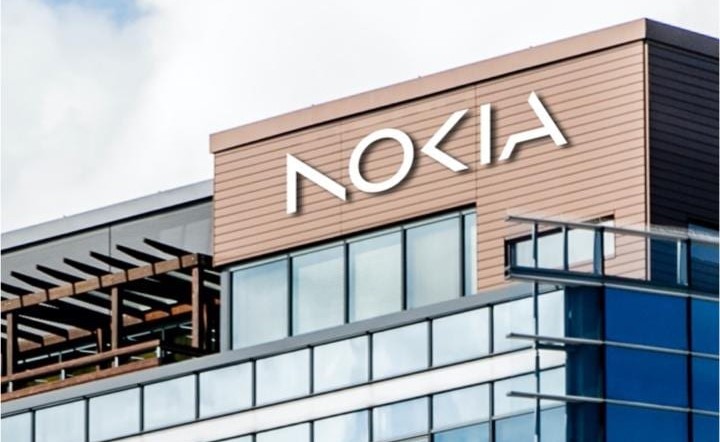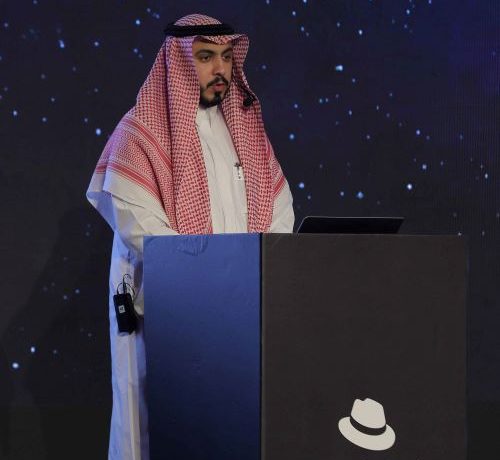Nokia and Aramco achieve 2.4Tbps optical transmission

PSE-6s line cards used
Nokia and Aramco have achieved a major milestone by successfully deploying the first-ever 2.4Tbps optical transmission in Aramco’s operational network in Saudi Arabia.
Nokia’s sixth-generation Photonic Service Engine (PSE-6s), which delivers an impressive 2.4Tbps per card, made the breakthrough possible.
The trial, conducted over Aramco’s existing Dispersion Shifted Fibre (DSF) network, demonstrated the remarkable capabilities of the PSE-6s line cards.
These cards, which provide 2.4Tbps capacity, also feature advanced fibre sensing technology. This enables real-time monitoring and proactive maintenance of Aramco’s infrastructure, enhancing the network’s security and operational efficiency.
During the trial, the PSE-6s successfully delivered 6 x 400GE of client traffic over just 300GHz of Wavelength Division Multiplexing (WDM) spectrum, showcasing Nokia’s technology’s high capacity while minimising resource usage.
The deployment was executed smoothly on Aramco’s existing fibre infrastructure, proving that the current network can be seamlessly upgraded to meet the growing demand for high-capacity traffic. This implementation is expected to improve Aramco’s optical network’s efficiency, capacity, and sustainability, ensuring it is well-equipped for future technological advancements.
Nabil Nuaim, Senior Vice President of Digital and Information Technology at Aramco, highlighted the trial’s success: “Our collaboration with Nokia has greatly enhanced our optical network infrastructure. This demonstration proves that our network is ready to support future demands securely and efficiently.”
Carlo Corti, Head of Optical Networks for the Middle East and Africa at Nokia, emphasised the trial’s significance: “This field test underscores our commitment to delivering cutting-edge technology. The capabilities of PSE-6s, particularly its fibre sensing features, will ensure that Aramco’s network is both highly efficient and future-proofed.”
With the new milestone, Nokia and Aramco have reinforced their leadership positions in next-generation network infrastructure and optical transmission technology.
Aramco is currently the world’s largest oil producer. Founded in 1933 through a concession agreement with the Saudi government, the company manages significant oil reserves and leads in daily crude oil production. Aramco’s operations are vital to global energy markets and the Saudi economy.
Hero image: Close-up of Nokia headquarters in Espoo, Finland. Credit: Nokia











